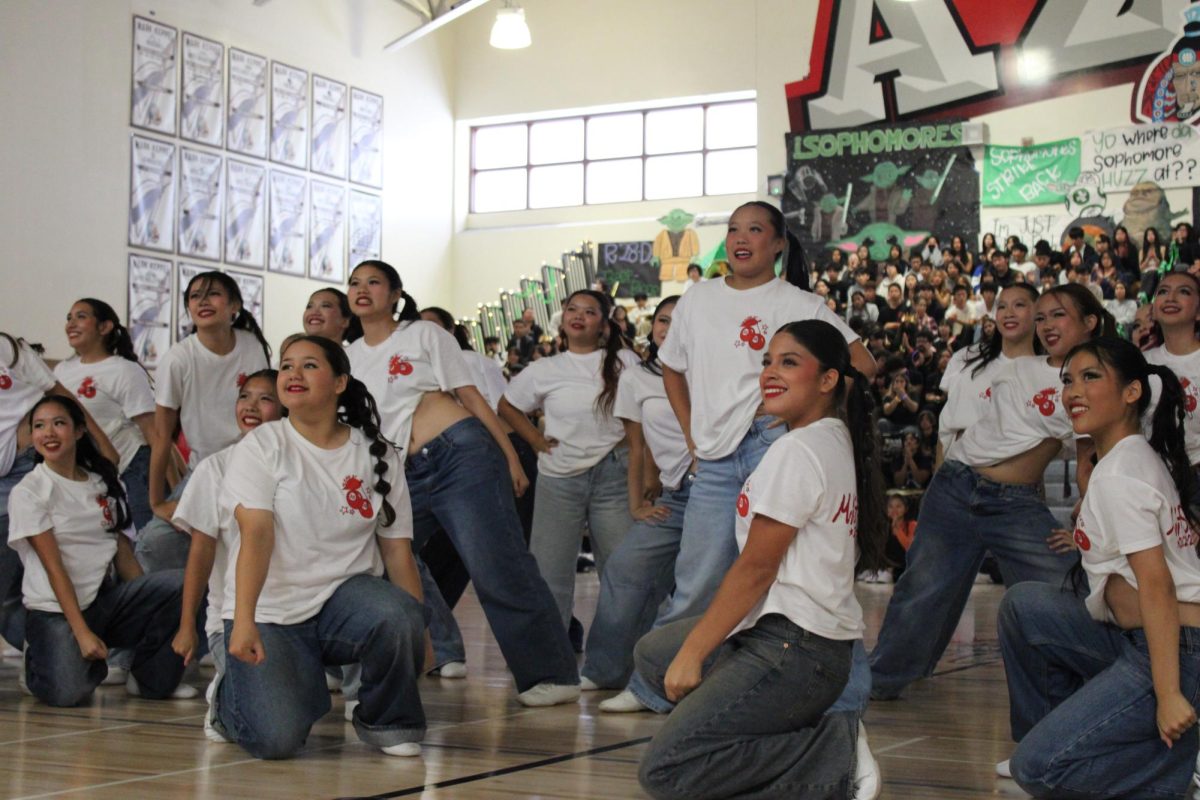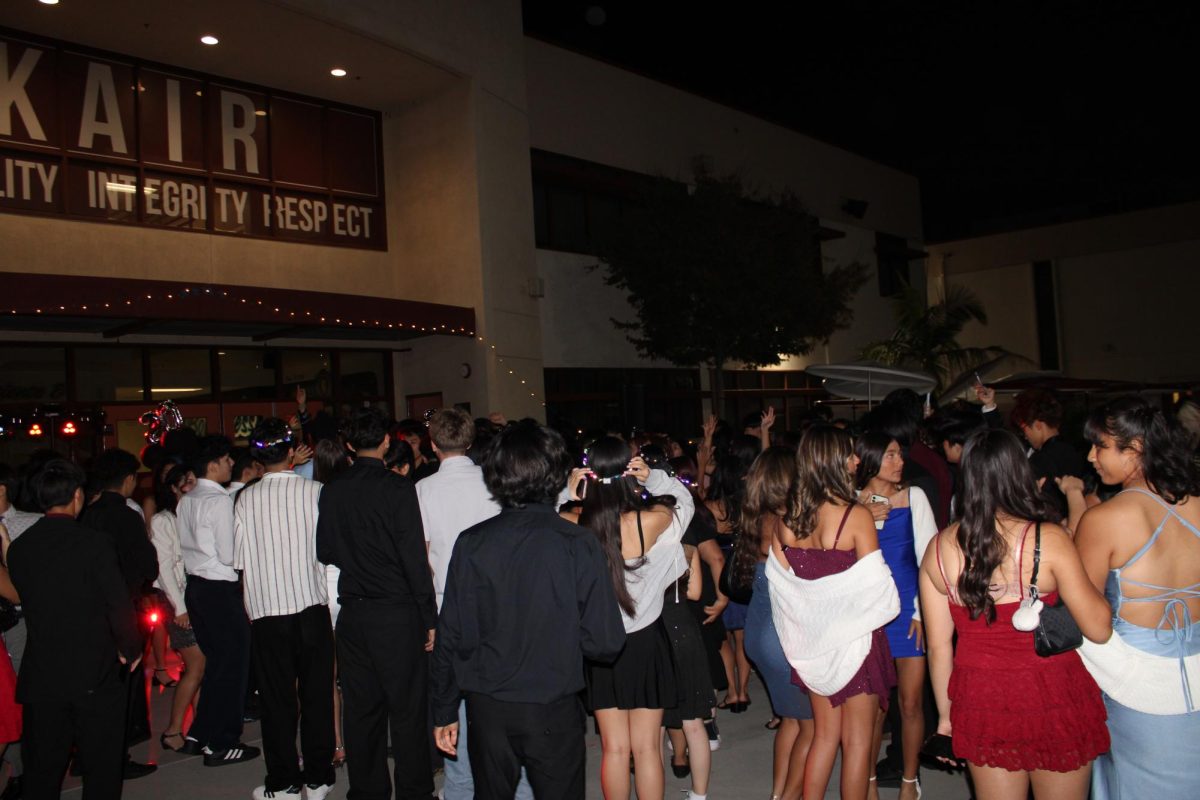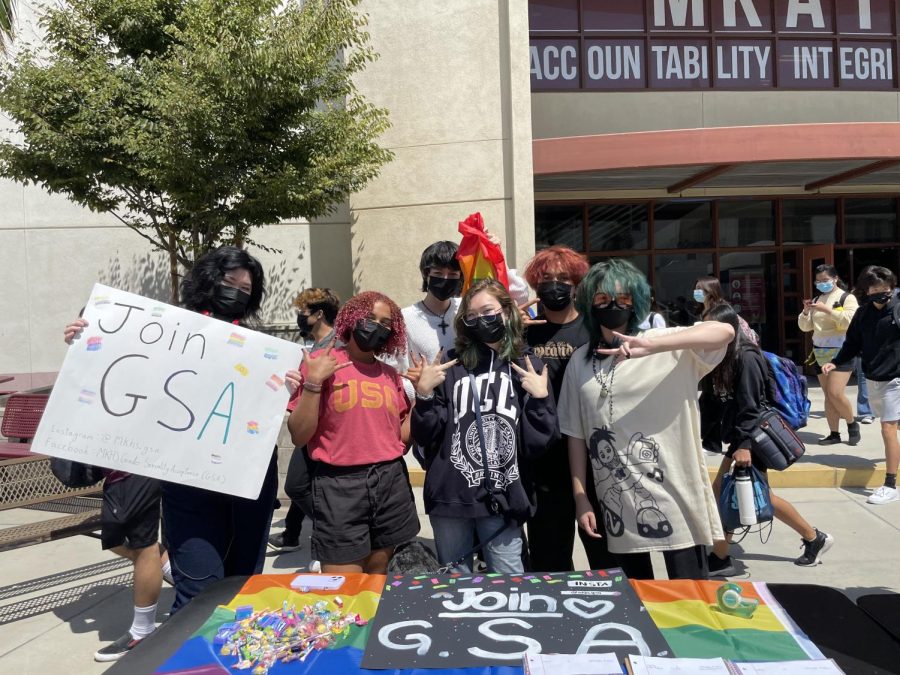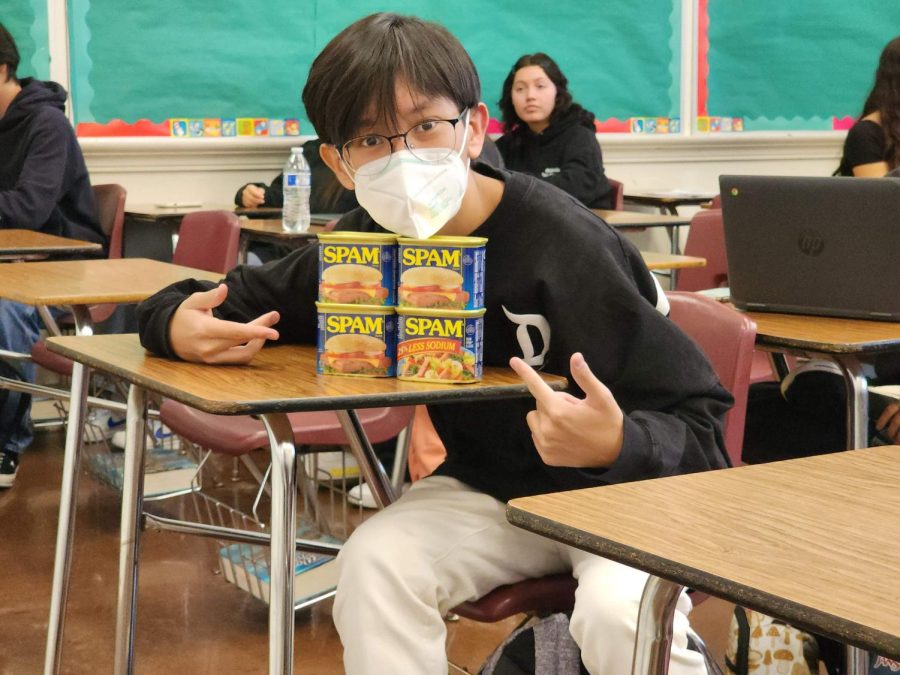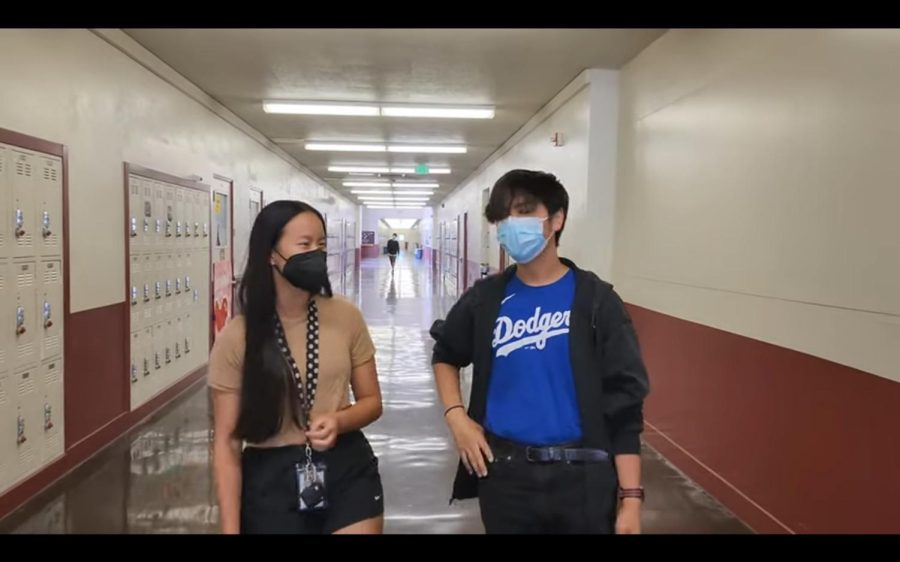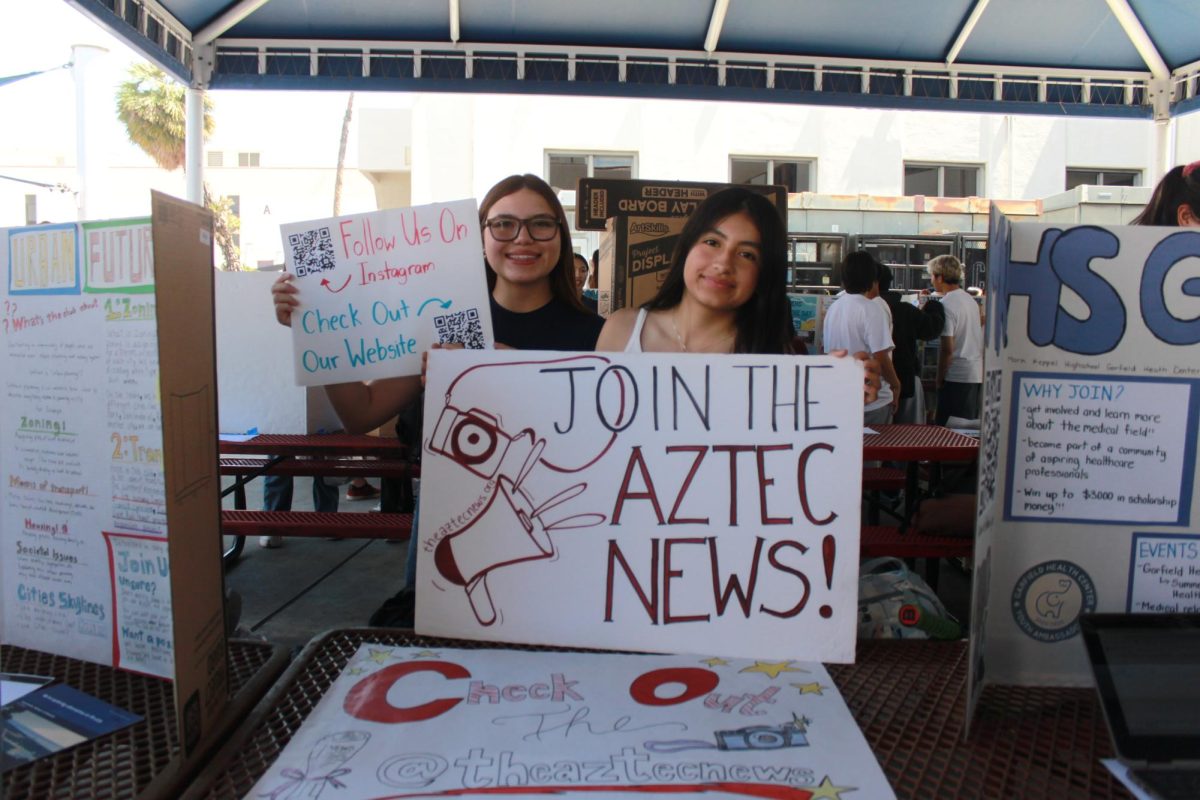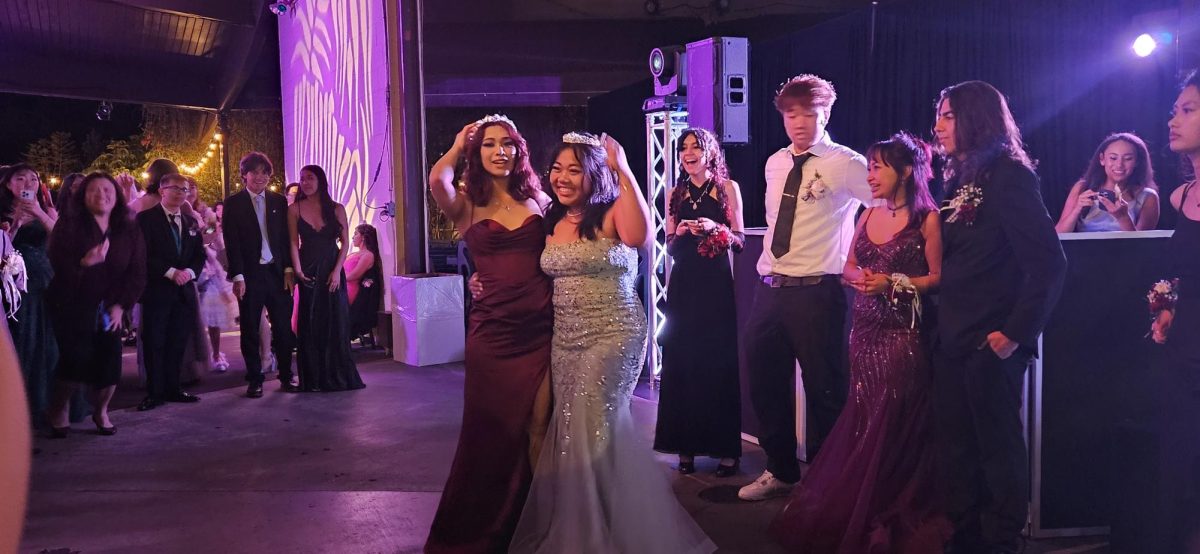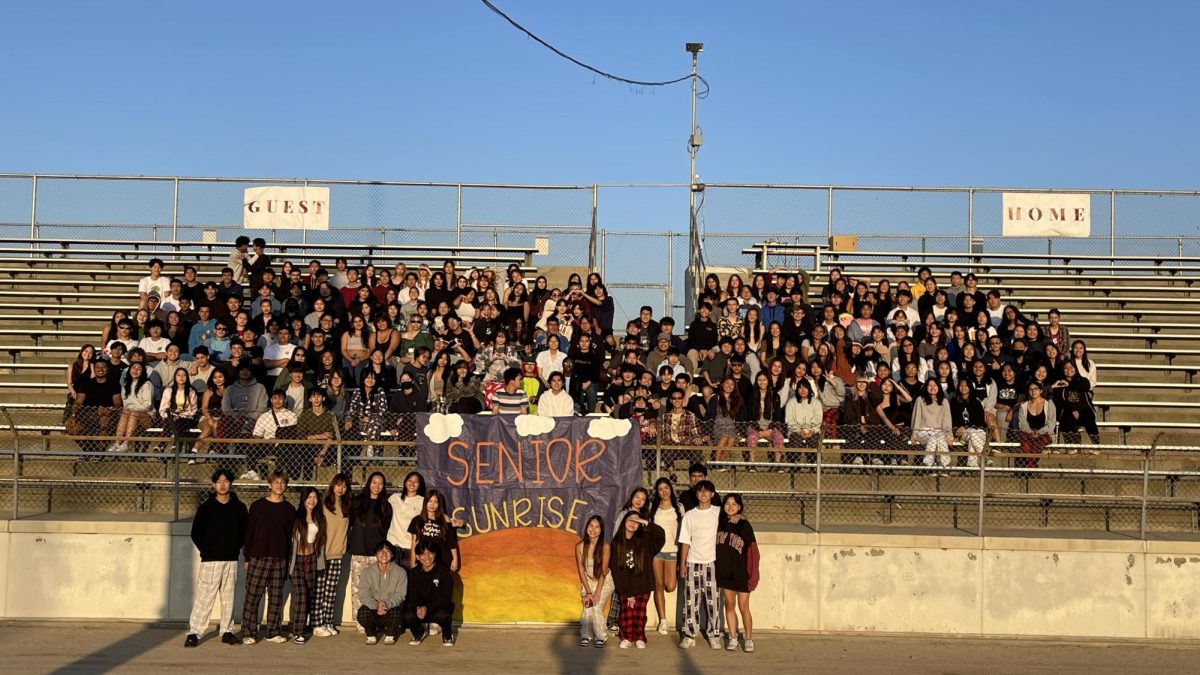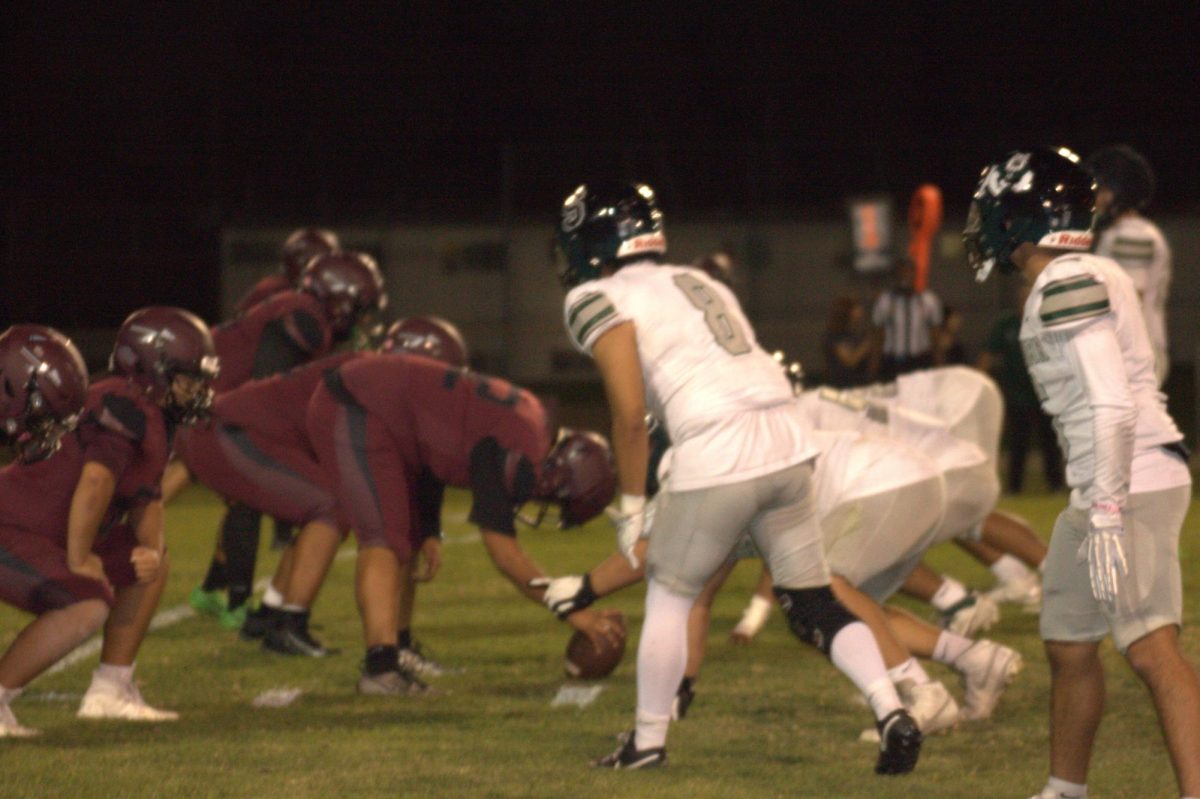Fans of Colleen Hoover’s bestselling novel, “It Ends With Us,” have long awaited a live-action film of this emotionally charged story. Released on August 9th, director Justin Baloni and co-star Blake Lively, have put this heart-wrenching story to life. While many watchers have said that the film was successful in capturing the general themes of love and heartbreak, others would argue that the film falls short in delivering the emotional depth and complexity that was felt by many of the book’s readers.
One of the most captivating features of “It Ends With Us” is its stunning visual appeal. Stemming from its color palettes to its shot composition, the film beautifully captures the emotional landscapes and settings in which the characters are placed. In parts where Lily (Blake Lively) and Ryle (Justin Baldoni) are experiencing love and tension, the film uses subtle lighting cues that reflect their emotional shifts. Not only is the film’s cinematography beautifully presented, but the performances between Blake Lively and Justin Baldoni deliver a compelling portrayal of their complex characters originally introduced in the book.
“The movie in general was good,” Keppel senior Maxwell Wong noted. “The colors matched the mood, especially during the dramatic scenes between Lily and Ryle.”
The actors’ showstopping performance also helps in aiding the audience to understand the rollercoaster of emotions that keeps the audience on edge. For many of the watchers unfamiliar with the book, all these factors add to an engaging and visually captivating movie experience.
While the movie contains compelling visuals and beautiful cinematography, a major-flaw that was noted by much of the audience was how the condensation of the story greatly diminishes and dilutes the emotional depth that was originally presented in the book. For fans of the novel, many felt unsatisfied with the fact that the film omitted or shortened many of the key moments that were meant to add depth and complexity to the story, highlighting the realistic struggles and personal growth that the characters go through.
“[I] felt like the movie rushed through important parts of Lily’s journey,” Keppel senior Kira Muramatsu said.
These omissions only weaken the emotional connection to Lily’s journey, particularly in her decision to leave Ryle. In the movie, this decision feels very abrupt and less agonizing compared to when it was presented in the novel. This makes Lily’s decision feel almost impulsive, undermining the fact that this scene was supposed to be agonizing. This story was meant to bring awareness to the fact that many women experience domestic abuse in their everyday lives. The fact that details in the movie feel thrown at the audience dilutes the original message of empowerment and survival found within the book. Consequently, the movie would still work for a broad audience; however, in terms of complexity, it does seem to lose a lot of its emotional depth which made the book a fan favorite.



